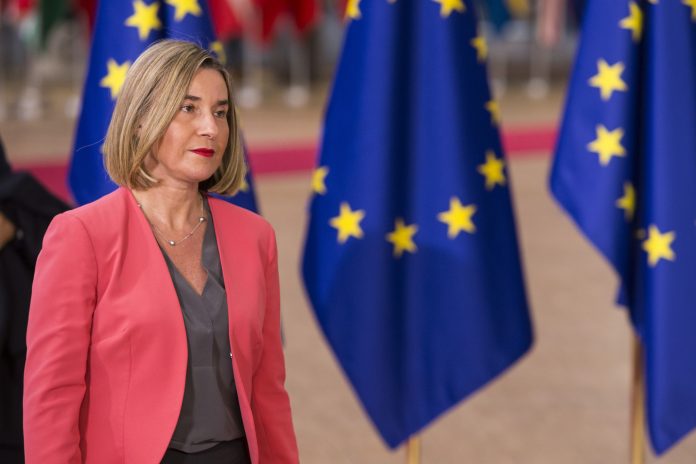The European Commission and the High Representative of the Union for Foreign Affairs and Security Policy on September 19 set out the EU’s vision for a new and comprehensive strategy to better connect Europe and Asia.
“Connectivity is the way to the future. The more connected we are, the more opportunities we have – to find common political solutions and to bring economic prosperity to citizens,” said High Representative/Vice-President Federica Mogherini. “Our approach is the European Union’s way: to establish stronger networks and strengthen partnerships for sustainable connectivity, across all sectors and based on a respect for common rules. This is the European way to tackle challenges and take opportunities, to the benefit of people in Europe and in Asia as well.”
The Joint Communication builds on the European Union’s own experience of enhancing connections between the member states with and in other regions.
According to Vice-President for Jobs, Growth, Investment and Competitiveness, Jyrki Katainen, the aim is for the Asian partners to improve connections between Europe and Asia. “We want to work with our Asian partners to improve connections between Europe and Asia, while bringing our values and approach in doing so,” said Katainen. “Infrastructure networks that will be built should be coherent, interoperable, as well as financially and environmentally sustainable. Calls for tender should be open and transparent to promote good governance and a level playing field. It is an approach that works, and one that we see a demand for among Asian countries, in our Eastern neighbourhood, the Western Balkans and beyond.”
In turn, the Commissioner for International Cooperation and Development, Neven Mimica added: “We want to further strengthen our partnership and focus even more on providing technical assistance, improving regulatory environments and creating incentives to drive forward and scale-up much needed investments.”
According to Commissioner for Transport, Violeta Bulc, transport infrastructure is the lifeblood of EU-Asia connections, “carrying both people and goods between the continents, on the wings of digitalisation and decarbonisation”.
“Europe is sharing and engaging through one of the most developed transport networks and infrastructure financing programmes in the world: the trans-European transport network. Connectivity matters,” she said.
According to a European Commission press release, with Asia requiring an estimated €1.3 trillion per year for infrastructure investment, there are significant opportunities for EU companies, provided that robust legal frameworks are in place.
In a separate report, the Reuters news agency noted that the 13-page strategy outlined by the EU executive did not specify how much the bloc would spend, but the Commission is relying on a proposed €60bn fund that would act as an insurance for investors if projects fail.
That fund could raise more than €300bn between 2021 and 2027 by attracting investors into projects by offering a guarantee to cover the costs if a project fails.
EU foreign ministers are expected to approve the proposed strategy at a meeting on October 15, three days before a summit between European and Asian leaders in Brussels.

